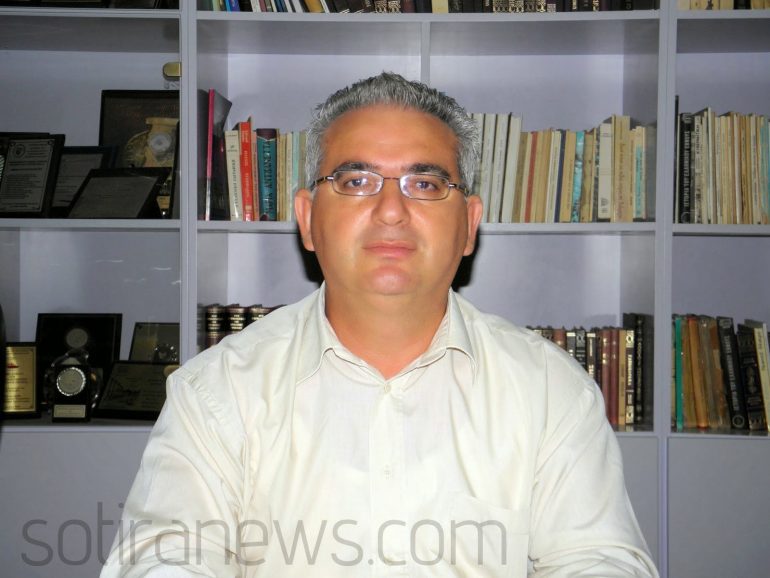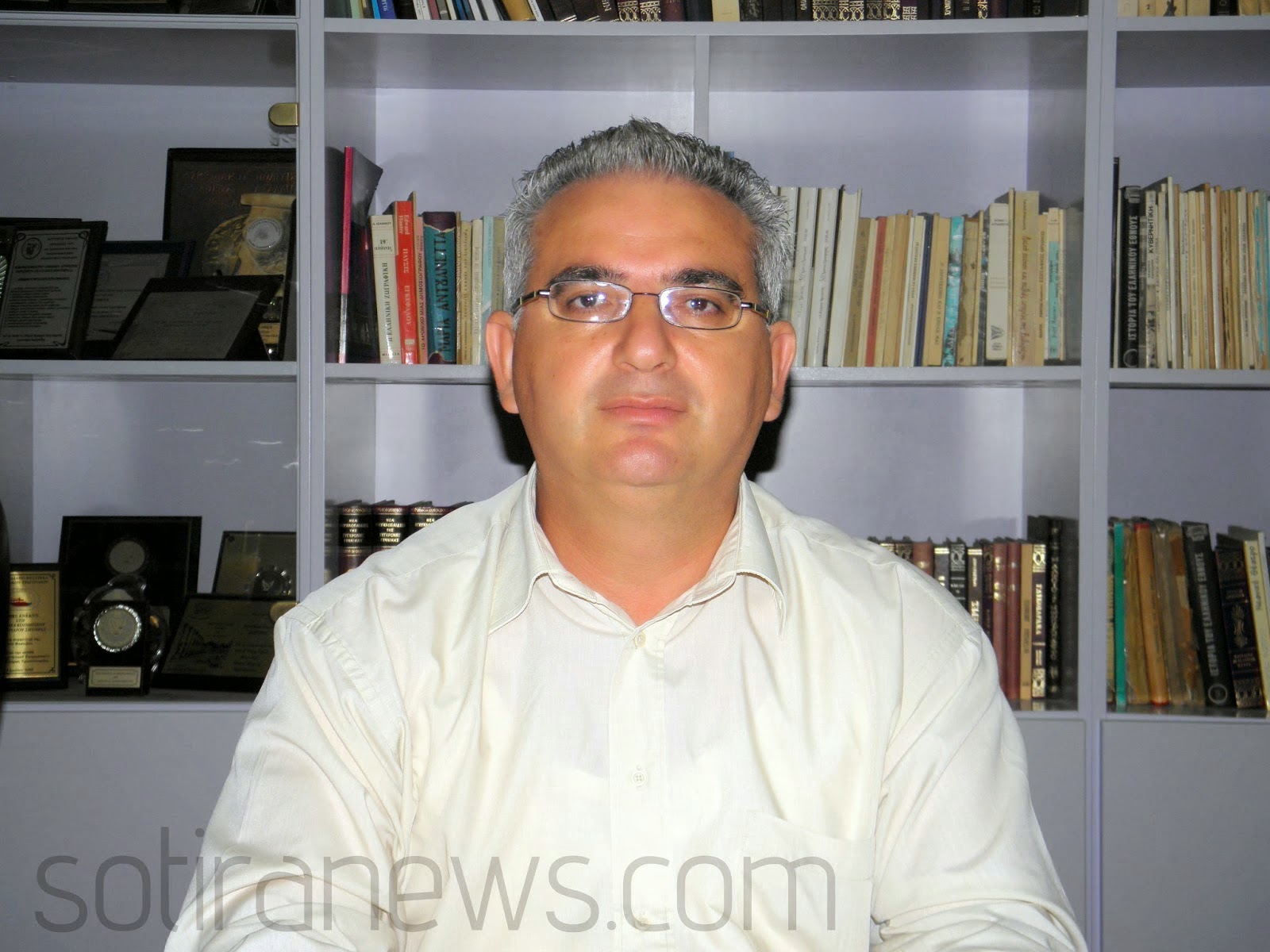By Kyriakos Hatzigiannis, Member of Parliament *:
Higher and higher education in the occupied territories is expanding at a spectacular rate. In contrast to the free zones, where bureaucracy and lack of policy have stalled the arrival of students to study in Cyprus. We notice that the occupied areas have begun to develop into an educational center. The planning of their educational policy is very careful and very effective, with the result that the KD comes out of the regional map of education. For these reasons, a relevant topic of mine entitled "Examination of the process of validation of registration and entry of foreign students in Cyprus and the problems that accumulate" was registered and discussed in the Parliamentary Committee on Education.
The data presented to the committee show the magnitude of the problem. Specifically, in 2014, 72 students attended the universities of the occupied territories, of which 000 were residents of the occupied territories, 15 from Turkey, and 000 from 27 other countries.
The increase in students for 2014 from Turkey amounts to 105%, while from other countries, mainly from the Middle East and Africa, the increase amounts to 335%. The plan of the pseudo-state is for the number of students for 2015-2016 to increase by 30, ie to reach 000.
They exist and operate in the 12 occupied universities. The 65 students attend the 000 largest universities. The large number of students creates the need for housing with suitable houses and accommodation near universities. A plan has been prepared for the construction of houses and homes with incentives such as subsidizing the student loan interest rate between 4 and 30%, while for the first 50 years the payment of the initial capital is not required.
The revenues of the pseudo-state in 2014 from education amount to 1 billion. dollars. If we consider this amount in the GDP of the pseudo-state, which amounts to 2,5 billion, the education sector is of course crucial. 1 is distributed as follows: 300 million for tuition, 200 million for accommodation, 300 million for food, 100 million for travel inside and outside the pseudo-state and 100 million for books, clothes and entertainment.
This shows the importance of a student in the state income, since a student spends 17 to 18 thousand dollars a year. That is, a student spends 20 times more than a tourist and this happens for at least 4 years in a row. In fact, a student spends all over the economy of a country, as opposed to a tourist who spends mainly on tourist accommodation.
The occupied territories make very effective use of Turkey, which due to its young population and the fact that it is a developing country can not meet the demand for studies. Turkey has 5 million students and about 1,7 million apply to universities every year. There are 250 universities and most of them are universities under 10 years old. 150 thousand students do not find a place in Turkish universities, with the result that a number of them apply for studies in the occupied territories due mainly to proximity, but also language.
The question arises "why has the pseudo-state become a center of university-level education"? First, because it offers a wide variety of diplomas and collaborates and contracts with universities from the USA, EU and UK. There is worldwide recognition of diplomas, as most of them are common diplomas. Second, the pseudo-state is cheaper and with lower tuition than the UK and Turkey. At the same time, it is offered as a safe country with zero crime, good weather, stability, pleasant environment, so that one can live and have fun. Third, the pseudo-state is growing rapidly and university graduates can reside and be employed after their studies. And fourth, there are 25 flights a day to and from occupied via Turkey to all major destinations in the world, such as the Middle East, Africa and Asia.
In the largest city of the occupied territories, Famagusta, the number of students is 24. The planning of the pseudo-state is expanded in the last year with the licensing, construction and operation of another university of enormous dimensions in Trikomo, as a bridge of Karpasia and in fact in a zone that it has defined as a tourist one. This building was intended for the construction of a huge tourist complex, but eventually the
design and a university with 60 sq.m. covered areas and around 000 stairs of land for outdoor areas. This university will start operating in 150-2015. It has been given urban incentives in a tourist area. It has been given an investment loan of up to 2016% of the total investment compared to the other areas in the occupied territories, where the loan does not exceed 80% of the investment. At the same time, it has received a three-year grace period at the beginning of the repayment of the initial capital of the investment. The building factor in the area is about 50 times higher than the other areas. In this area students will have the opportunity to work part-time in hotels in the Famagusta area.
Finally, I want to ask the question who is responsible for the fact that the occupied territories have won the bet of education at the expense of KD? Who will take responsibility for this failure?
* Mr. Kyriakos Hatzigiannis is a Member of Parliament for DISY in the province of Famagusta

